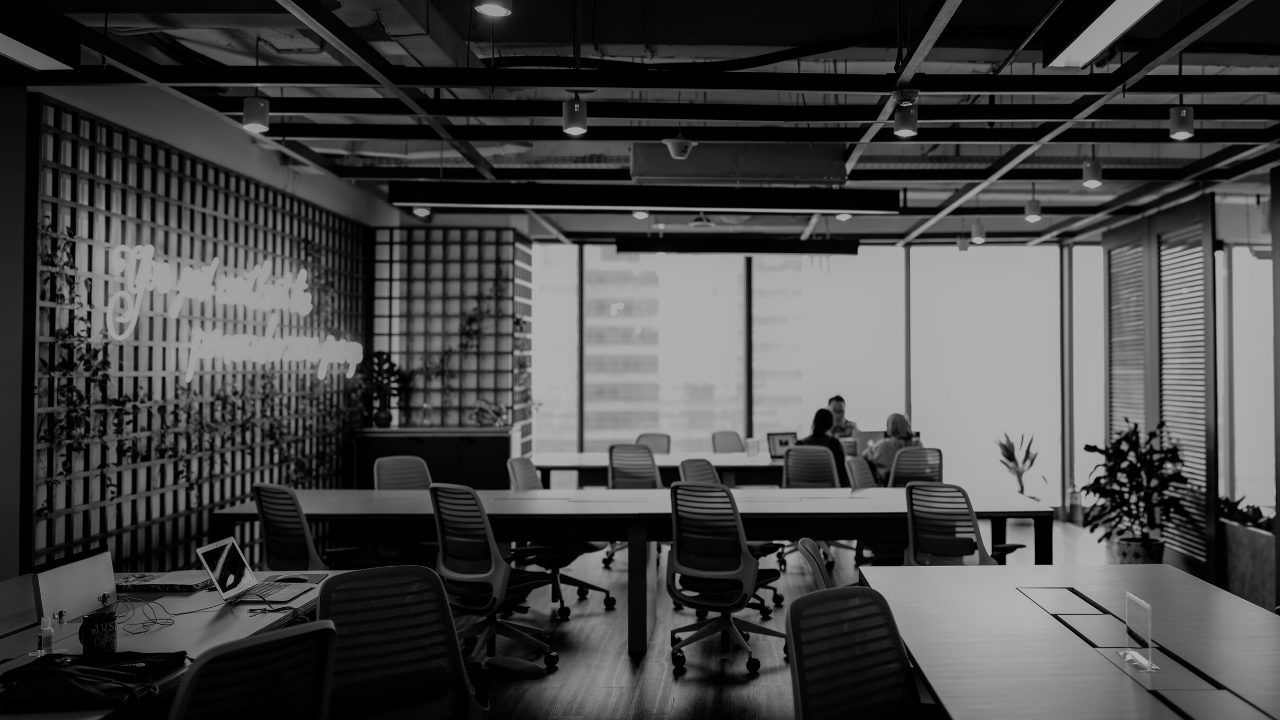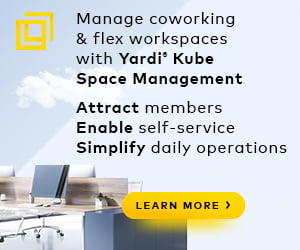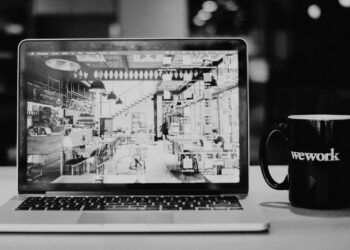WeWork’s implosion due to the failure of its IPO revealed the average asset heavy and platform light coworking model is not sustainable in the long run.
WeWork and many other coworking firms operate by leasing long term spaces from landlords, then subleasing them out for the short term, leading to long term lease obligations. When there is an economic slowdown, like what we are currently experiencing, the company has to continue paying on these obligations without additional revenue coming in.
However, there is a way for these companies to continue operating with the least amount of risk — become asset light and platform heavy. This means that coworking firms can focus on being a platform for real estate owners and consumers.
Using a model like this allows operators to focus on building the tools and services needed to create the best workspace platform possible, rather than worrying about leasing spaces in the long term.
Overall, using this new model opens the opportunity for coworking spaces to build a sustainable business with the typical features and benefits of the industry, without the risk of lease obligations.

 Dr. Gleb Tsipursky – The Office Whisperer
Dr. Gleb Tsipursky – The Office Whisperer Cat Johnson – Coworking Marketing Maven
Cat Johnson – Coworking Marketing Maven Angela Howard – Culture Expert
Angela Howard – Culture Expert Drew Jones – Design & Innovation
Drew Jones – Design & Innovation Andrea Pirrotti-Dranchak – Competitive Advantage
Andrea Pirrotti-Dranchak – Competitive Advantage














